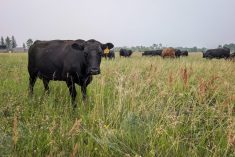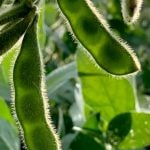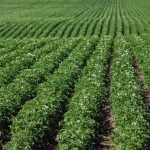MarketsFarm — ICE Futures canola contracts moved higher during the week ended Wednesday, moving back toward the contract highs hit in September.
Canola is pushing upside chart limits and modest corrections are likely going forward, but the fundamentals remain supportive and “the trend is up until further notice,” said analyst Mike Jubinville of MarketsFarm Pro.
While activity in the Chicago Board of Trade soybean market remains a key driver in canola, “the demand for canola, in and of itself, has also been quite powerful,” said Jubinville.
Read Also

U.S. grains: Soybean futures set two-week high on US weather worry, soyoil rally
Chicago Board of Trade soybean futures touched a two-week high on Friday on worries that heat may threaten U.S. crops and expectations that the country’s biofuel policy would boost demand for soyoil, analysts said.
“We are now in a demand-pull environment, whereas typically we are supply-push — where growers are just pushing supply into the marketplace.”
A demand-driven market, he added, was a situation “that has not emerged, not just in canola but for grains and oilseed markets in general, for almost a decade.”
The unique situation “is providing lift across the spectrum… amazingly in the midst of harvest,” he said.
From a chart standpoint, long-term resistance is very close in the $535-$540 per tonne area. “That would send a very big message to the market if we were able to break through there,” Jubinville said.
The November contract, which traded as high as $533.30 on Sept. 21, settled Wednesday at $525.40. Breaking above the resistance will take support from outside vegetable oil markets, such as palm oil and soyoil, according to Jubinville.
He thought such a move was possible, as canola is still cheap compared to other oilseeds. “It’s not overvalued relative to competing products.”
While he felt higher prices were inevitable given the current market conditions, Jubinville recommended farmers continue to make sales on a scale-up basis.
— Phil Franz-Warkentin reports for MarketsFarm from Winnipeg.

















